P2L2
RCMGi013-A
General
Cell Line |
|
| hPSCreg name | RCMGi013-A |
| Cite as: | RCMGi013-A (RRID:CVCL_D0KV) |
| Alternative name(s) |
P2L2
|
| Cell line type | Human induced pluripotent stem cell (hiPSC) |
| Similar lines |
RCMGi011-A (P10L1) Donor diseases: Mucopolysaccharidosis Type IVB autosomal recessive nonsyndromic deafness 12 RCMGi011-B (P10L2) Donor diseases: Mucopolysaccharidosis Type IVB autosomal recessive nonsyndromic deafness 12 |
| Last update | 26th September 2023 |
| User feedback | |
Provider |
|
| Generator | Research Centre for Medical Genetics (RCMG) |
External Databases |
|
| BioSamples | SAMEA114427315 |
| Cellosaurus | CVCL_D0KV |
| Wikidata | Q123033344 |
General Information |
|
| Publications | |
| * Is the cell line readily obtainable for third parties? |
Yes Research use: allowed
Clinical use: not allowed
Commercial use: not allowed
|
Donor Information
General Donor Information |
|
| Sex | male |
| Age of donor (at collection) | 20-24 |
| Ethnicity | Caucasian |
Phenotype and Disease related information (Donor) |
|
| Diseases | A disease was diagnosed.
|
Karyotyping (Donor) |
|
| Has the donor karyotype been analysed? |
No
|
Other Genotyping (Donor) |
|
| Is there genome-wide genotyping or functional data available? |
No
|
External Databases (Donor) |
|
| BioSamples | SAMEA114427316 |
Ethics
| Has informed consent been obtained from the donor of the embryo/tissue from which the pluripotent stem cells have been derived? | Yes |
| Was the consent voluntarily given? | Yes |
| Has the donor been informed that participation will not directly influence their personal treatment? | Yes |
| Can you provide us with a copy of the Donor Information Sheet provided to the donor? | Yes |
| Do you (Depositor/Provider) hold the original Donor Consent Form? | Yes |
| Has the donor been informed about how her/his data will be protected? | Yes |
| Please indicate whether the data associated with the donated material has been pseudonymised or anonymised. | pseudonymised |
| Does consent explicitly allow the derivation of pluripotent stem cells? | Yes |
| Does consent prevent CELLS DERIVED FROM THE DONATED BIOSAMPLE from being made available to researchers anywhere in the world? | No |
| How may genetic information associated with the cell line be accessed? | Controlled Access |
| Will the donor expect to receive financial benefit, beyond reasonable expenses, in return for donating the biosample? | No |
| Has a favourable opinion been obtained from a research ethics committee, or other ethics review panel, in relation to the Research Protocol including the consent provisions? | Yes |
| Name of accrediting authority involved? | FSBSI RCMG Ethics Committee |
| Approval number | Protocol # 1 (28.01.2016) |
| For generation of the cell line, who was the supplier of any recombined DNA vectors or commercial kits used? |
hIPSC Derivation
General |
|
| Source cell type | |
| Source cell origin |
Nonparenchymatous organ that consists of the epidermis, dermis and sets of hair and nails and which surrounds the entire body. Subdivisions of the skin surround various body parts; as a whole, the skin constitutes the external layer of the body. Examples: There is only one skin.
Synonyms
|
| Age of donor (at collection) | 20-24 |
| Collected in | 2016 |
| Passage number reprogrammed | 3 |
Reprogramming method |
|
| Vector type | Non-integrating |
| Vector | Sendai virus |
| Genes | |
| Is reprogramming vector detectable? |
No |
| Methods used |
PCR
|
| Files and images showing reprogramming vector expressed or silenced | |
Vector free reprogramming |
|
Other |
|
| Derived under xeno-free conditions |
No |
| Derived under GMP? |
No |
| Available as clinical grade? |
No |
Culture Conditions
| Surface coating | Matrigel/Geltrex |
| Feeder cells |
No |
| Passage method |
Enzyme-free cell dissociation
Gentle Cell Dissociation Reagent
|
| CO2 Concentration | 5 % |
| Medium |
Essential 8™
|
| Has Rock inhibitor (Y27632) been used at passage previously with this cell line? | Yes |
| Has Rock inhibitor (Y27632) been used at cryo previously with this cell line? | Yes |
| Has Rock inhibitor (Y27632) been used at thaw previously with this cell line? | Yes |
Characterisation
Analysis of Undifferentiated Cells
| Marker | Expressed | Immunostaining | RT-PCR | Flow Cytometry | Enzymatic Assay | Expression Profiles |
| NANOG |
Yes |
|||||
| SSEA-4 |
Yes |
|||||
| SOX2 |
Yes |
|||||
| POU5F1 (OCT-4) |
Yes |
Differentiation Potency
Microbiology / Virus Screening |
|
| Mycoplasma | Negative |
Genotyping
Karyotyping (Cell Line) |
|
| Has the cell line karyotype been analysed? |
Yes
|
Other Genotyping (Cell Line) |
|

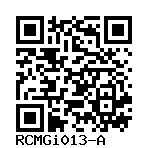
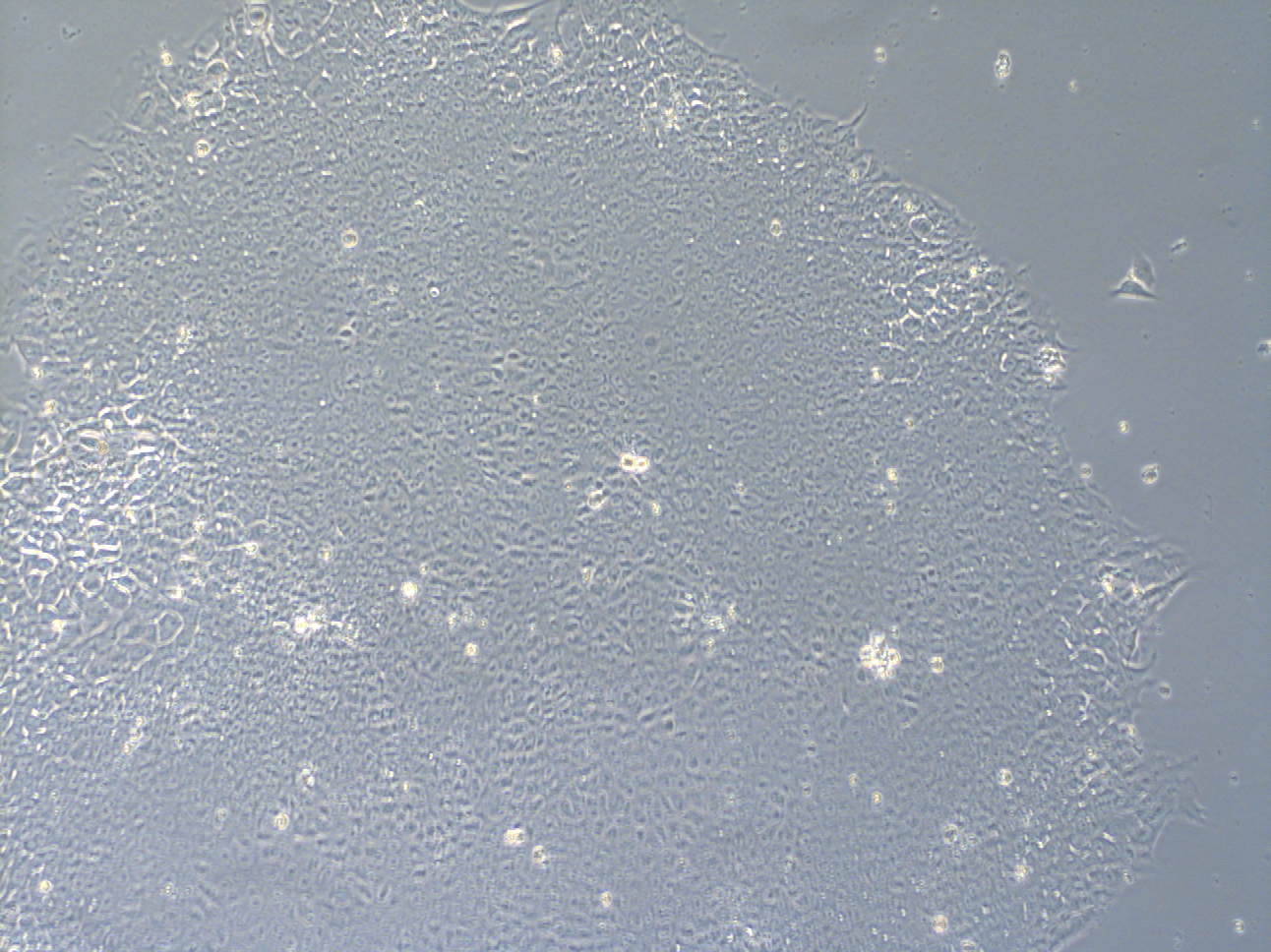
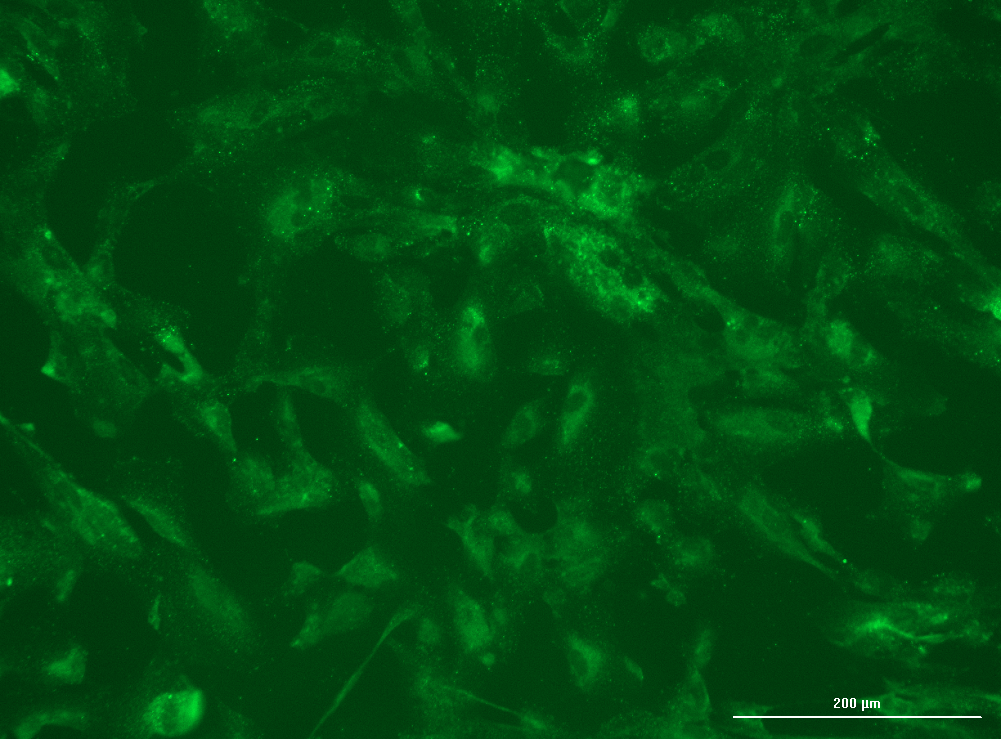
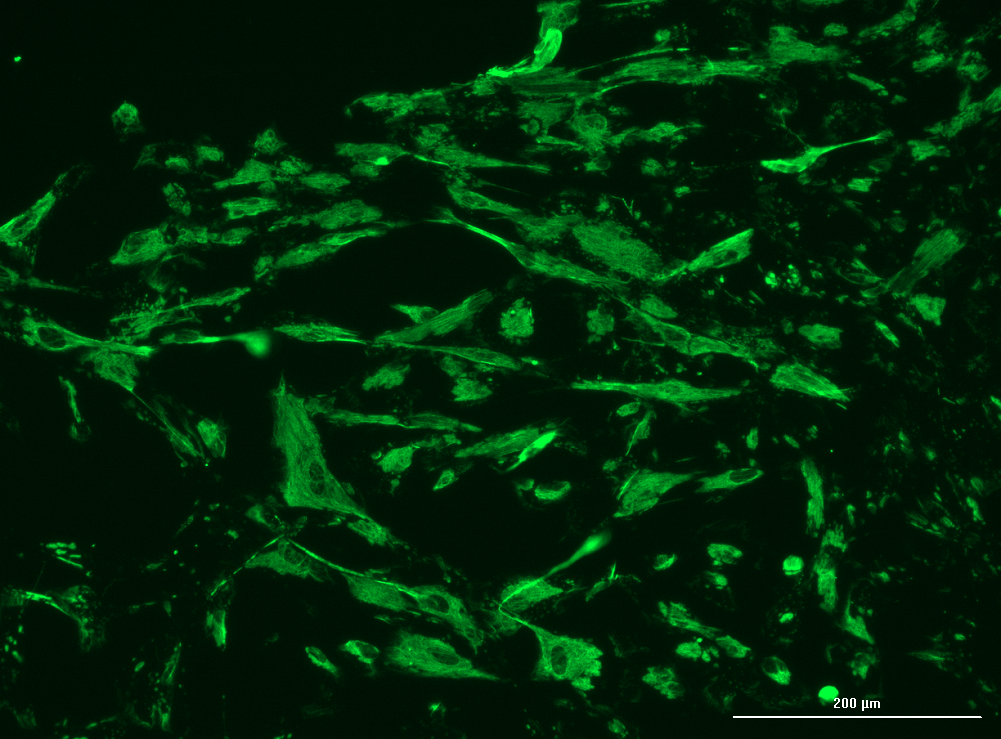
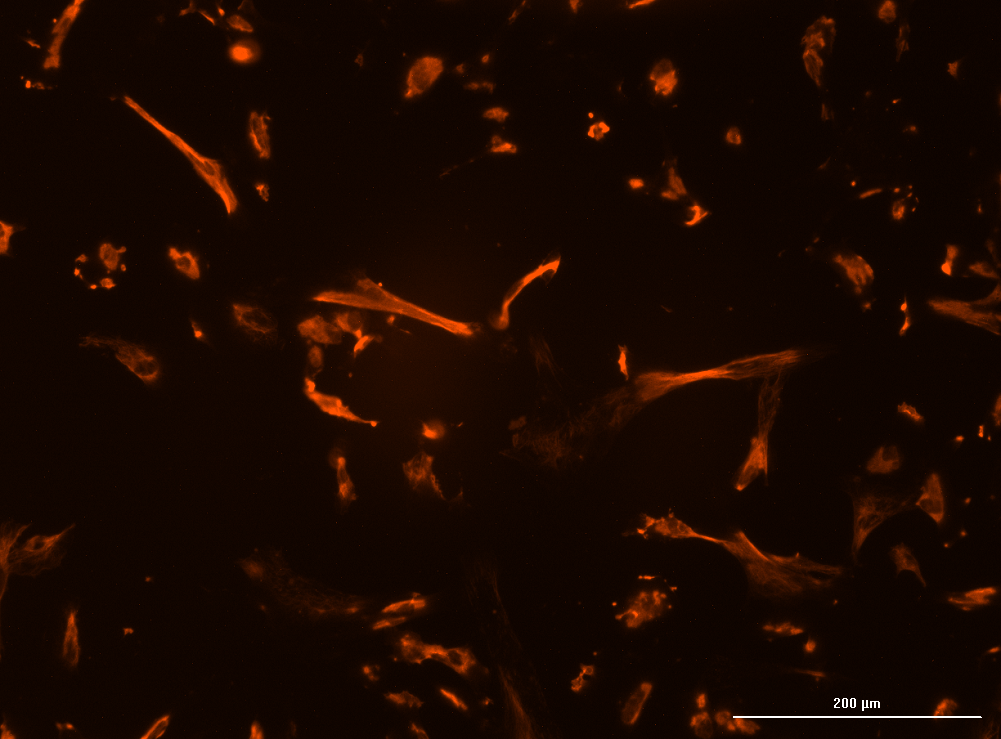
Login to share your feedback, experiences or results with the research community.